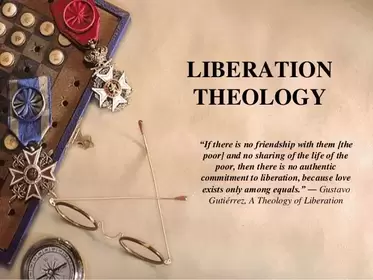 A friend sent me this fine and challenging reflection - here - which speaks, with honesty and critical awareness of the failure of Christian churches and theology to enable the reality of the hope of liberation theology (which, probably not a surprise to anyone (!), was so influential in my own theological formation). I'm reminded of the great historian Christopher Hill's words about the English Revolutions - how 'God visited England in the 17th century century (embodied in radical hopes, dreams, and part achievements) and then moved on' - as I have felt for some years that, certainly in much of what passes for 'traditional' (actually traditionalist) Christianity, God visited in many ways for many centuries but has now moved on. Beyond our struggles to own the appalling violence and toxicity of Christianity's past (and too much of its present), or to embody 'justice' and 'inclusion' meaningfully, the central question of God is still too little considered by Christians - with even liberals and progressives alike too often falling back into old categories, even when they (and to be honest 'we') query or riff upon them. Molly Crawford calls us on us to go much deeper, facing up fully to the 'absence of a liberating God'. As she says, recalling Gustavo Gutierrez' own words:“ We have to break with our mental categories, with the way we relate to others, with our ways of identifying with the Lord, with our cultural milieus, with our social class, in other words, with all that can stand in the way of real, profound solidarity with all those who suffer… from misery and injustice” Or, as Marcella Althaus Reid put it, in words which many queer and womanist critics of classic liberation theology would echo, we need to dwell on, and in, the 'indecency' of the 'absence' of God, and in actual (not so much rhetorical), and truly examined, solidarity.
0 Comments
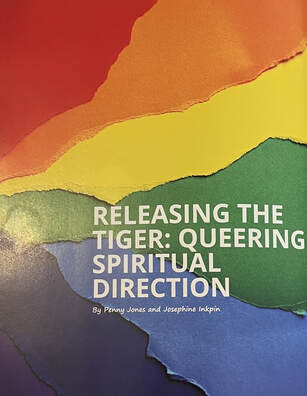 This paper (by the Revd Penny Jones and myself) was originally published in Coolamon, Issue 7 March 2023, the journal of the Australian Network for Spiritual Direction). It can be downloaded here. It explores some ways in which LGBTQ+ people contribute to our changing experience of God and reveal paths of enriching spiritual transformation. For sexual and gender identities have been at the heart of some significant recent features of both spiritual growth and conflict. From the late 1960s,1 lesbian, gay, bisexual, transgender and questioning (LGBTQ) 2, or queer3 people have formed increasingly effective social and political movements, transforming many cultural, legal and philosophical norms across the world. For many, this has also involved deliberate or unconscious spiritual expression. Progress has however been uneven, across time and space, and traditional religious formations and spiritual norms have been particular obstacles. Differing, and sometimes conflicting, conceptions of queer people and their gifts are therefore inevitably present within the spiritual direction space. Deeper exploration of these, and the underlying lived spiritual experience of queer people, is thus vital for the further flourishing of all involved. Indeed, whilst aspects may be challenging for some, the authors of this paper affirm that queer spiritual experience and understanding offers gifts which provide renewing insights for spiritual direction practice as a whole. Without unduly entering into wider controversies over sexuality and gender, this paper therefore suggests some life-giving ways to engage. These include exploring aspects of “queer virtues” identified by queer spiritual theologians and the metaphors of “coming out” and “transition” as embodiments of the paschal mystery and healthy, holy, transformation... Wonderful to sing my hymn for Sydney WorldPride (based on its theme Gather, Dream, Amplify) this morning at Pitt Street Uniting Church - feel free to use and share! #amplifyqueerfaith #amplifyfaith #sydneyworldpride
Loving the creative hearts beginning to appear from folks at Pitt Street - here are a few examples (my current favourite being a fellow trans person’s ‘Love’ heart - as I know that comes from a deep journey ) - part of our #returningourhearts Lenten theme, as part of ‘repairing the breach’.
Among those of us who ponder these things in our hearts and souls (and seek to live in response) - modern day Annas, Simeons and Marys - I wonder what images of Candlemas/Presentation of Christ touch you. It has been refreshing this year for me to reflect upon a few of the new perspectives which have emerged in Reformed church spaces - not evading (as sometimes in the past), or replacing, but enriching the ancient streams.
The image above is one which expresses African American prayer and action for justice (by the artist Cynthia H. Catlin, from Quilt – “The Beginning of Social Justice.” National Underground Railroad Freedom Center). Below is a powerful South African picture, by Sam Nhlengethwa, offered by Victoria Jones (see her blogpost here) - to bring fresh light and depth to Candlemas today, coupling it with reflection on Anglican Evangelical scholar Richard Bauckham’s poem (full version in the link) In the Drab Waiting Room: ‘Truly to wait is pure dependence. But waiting too long the heart grows sclerotic. Will it still be fit to leap when the time comes? Prayer is waiting with desire. Two aged lives incarnate century on century of waiting for God, their waiting-room his temple, waiting on his presence, marking time by practicing the cycle of the sacrifices, ferial and festival, circling onward, spiralling towards a centre out ahead, seasons of revolving hope. Holding out for God who cannot be given up for dead, holding him to his promises—not now, not just yet, but soon, surely, eyes will see what hearts await.’ I'm delighted to share this short non-binary video enacted poem, released on this Trans Day of Remembrance, as a tribute to our diverse lives and in memory of those whose lives have been so cruelly abused and taken from them this year - with thanks to artist & facilitator Chalise van Wyngaardt and their team, West End Uniting Church in Brisbane, the UCA Transforming Worship gender diverse liturgy group I’m coordinating, and all who have supported this initiative, financially and in other ways 🙏❤️🏳️⚧️🌈 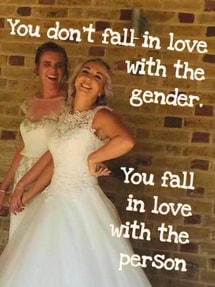 After marriage equality law passed, I was delighted, but cut ever deeper to the heart every time someone excluded from Australian Anglican rules asked if I’d preside at their wedding. It is one significant reason I now rejoice in sharing in Uniting Church ministry . It’s three decades since, as a priest, I first blessed a same gender relationship (a gorgeous couple in a former coal mining village on the top of England) so even blessings (aka ‘crumbs from the hetero/cis table’) are really just not enough anymore. So I was hugely delighted today to talk with a wonderful gay couple about their forthcoming wedding at which I’ve been asked to preside - so good to meet their needs for a priest in Sydney. Our queer God will find a way (With love and prayers for those continuing to work for change in every faith community) For (too) many years, with others, I've coaxed and cajoled. Sadly though, at this transition point, I’m going to have to say it clearly once more - many ‘affirming’ church leaders truly frustrate me and are major problematic parts of the continuing ‘issues’ that churches and wider society have with sexuality & gender Individually some church leaders can be quite kindly in disposition, as well as otherwise gifted, but as a body they are a key element of the (straight) problem we have, alongside the bigots they refuse to face down publicly. It also sometimes feels like they are stuck in a time warp. For two things stand out...
How do you feel about clerical collars, often known as dog collars? I was asked recently for a head and shoulders photo for the State Library of Queensland's Dangerous Women project in which I have been involved. After a little consideration, I sent the photo above. For in that circumstance, my priestly status is highly significant. For, even before we come to my transgender journey, it is still strange and/or enlightening for some to realise that female clergy have been around for a little while now. It is therefore sometimes important for women to wear their collars, in a similar way to that in which Dr. Julia Baird rightly encourages women with doctorates and/or other qualifications not to hide them, as we can be quite sure that many 'lesser' men will not hesitate to use whatever symbols of achievement and influence they have (see further Julia's wonderful book Phosphorence chapter 12 'Own Your Authority'). On the other hand however I do feel ambivalent about the clerical collar and what it sometimes represents..
Penny and I are feeling very blessed after renewing our marriage vows this week in St John's (Anglican) Cathedral in Brisbane - on our 35th wedding anniversary. We had intended to mark this occasion by beginning several months long leave overseas. COVID-19 put an end to that. However we felt powerfully drawn to mark this point in our lives, particularly after this year completing the main elements of my gender affirmation journey. It also gave us an opportunity to celebrate a 'queer' marriage which some of our co-religionists say is impossible (!) but which we believe is a lovely gift for the renewal both of marriage and also of human relationships with our wider creation. For, as I have written elsewhere (see here for example), a deeper wrestling with Judaeo-Christian tradition leads us into a much more profound and life-giving understanding of marriage and God's shalom...
|
AuthorJo Inkpin is an Anglican priest serving as Minister of Pitt St Uniting Church in Sydney, a trans woman, theologian & justice activist. These are some of my reflections on life, spirit, and the search for peace, justice & sustainable creation. Archives
July 2024
Categories
All
|
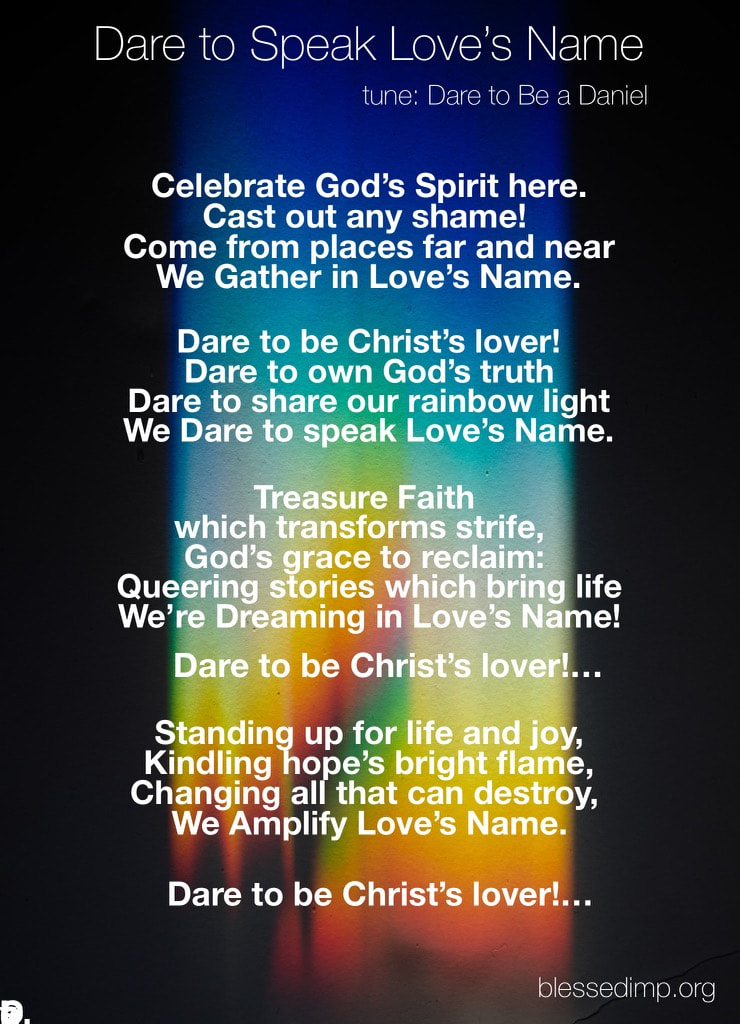
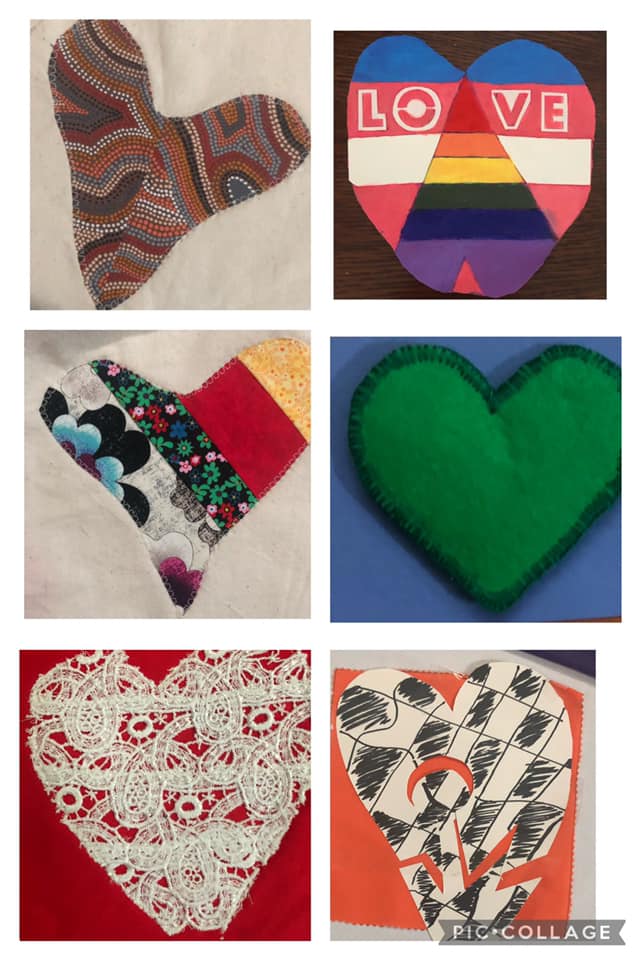
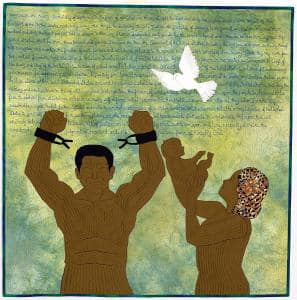
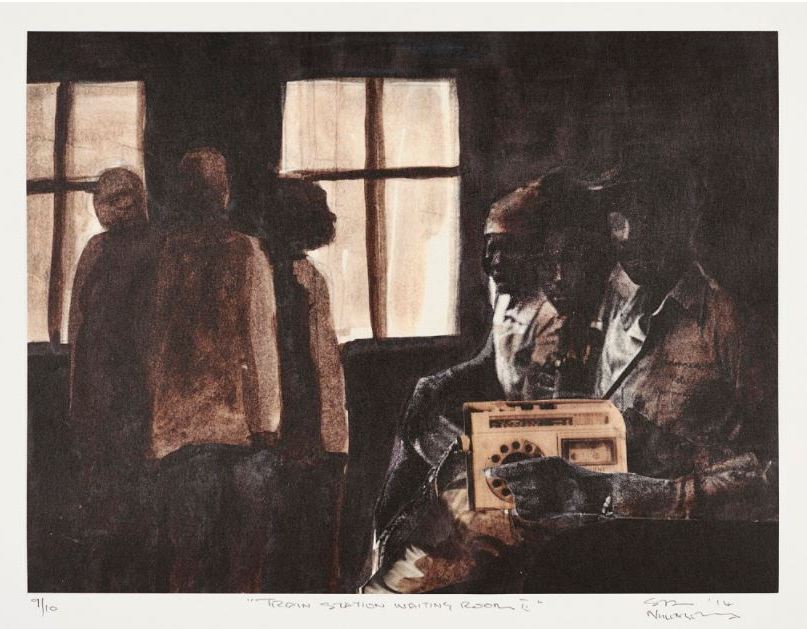
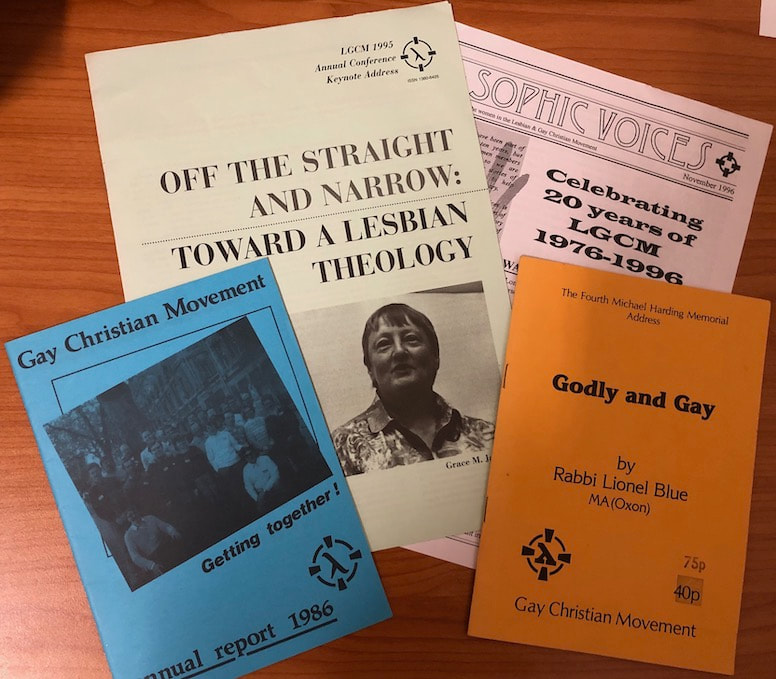
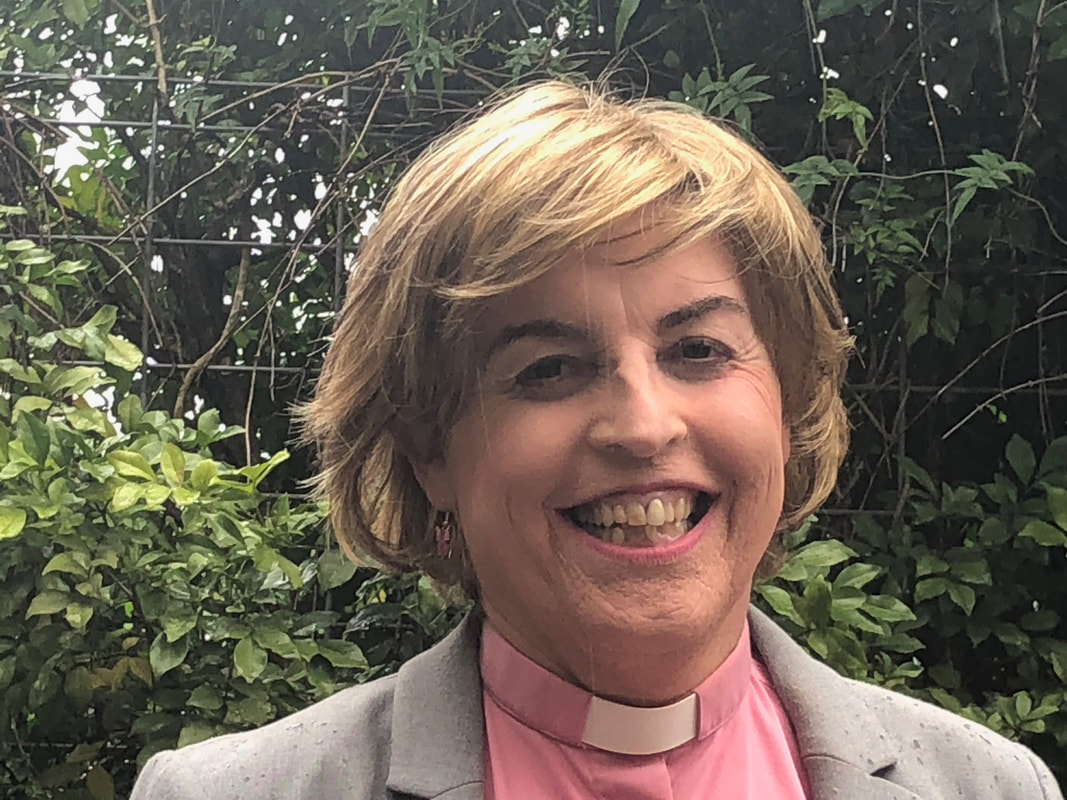
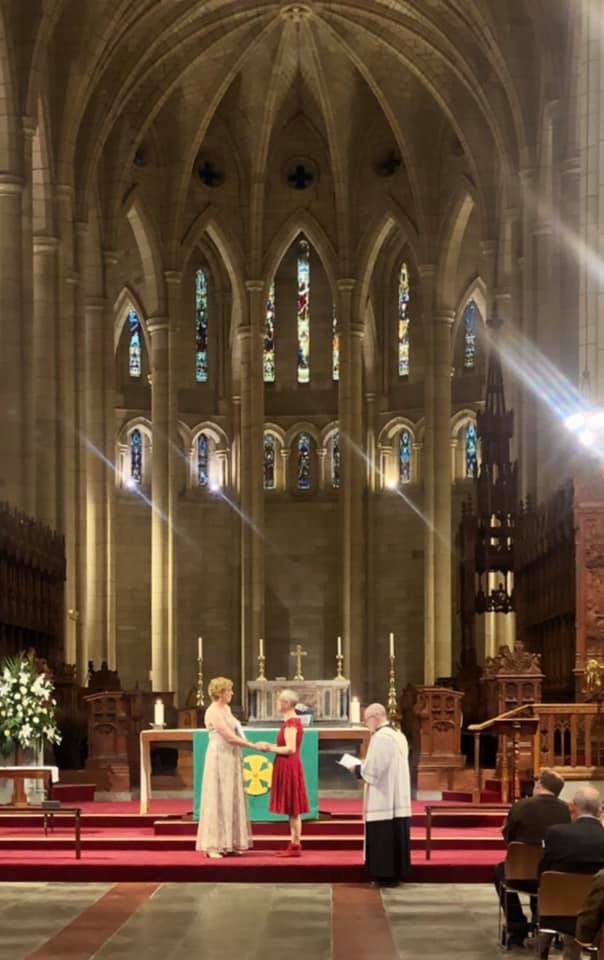
 RSS Feed
RSS Feed